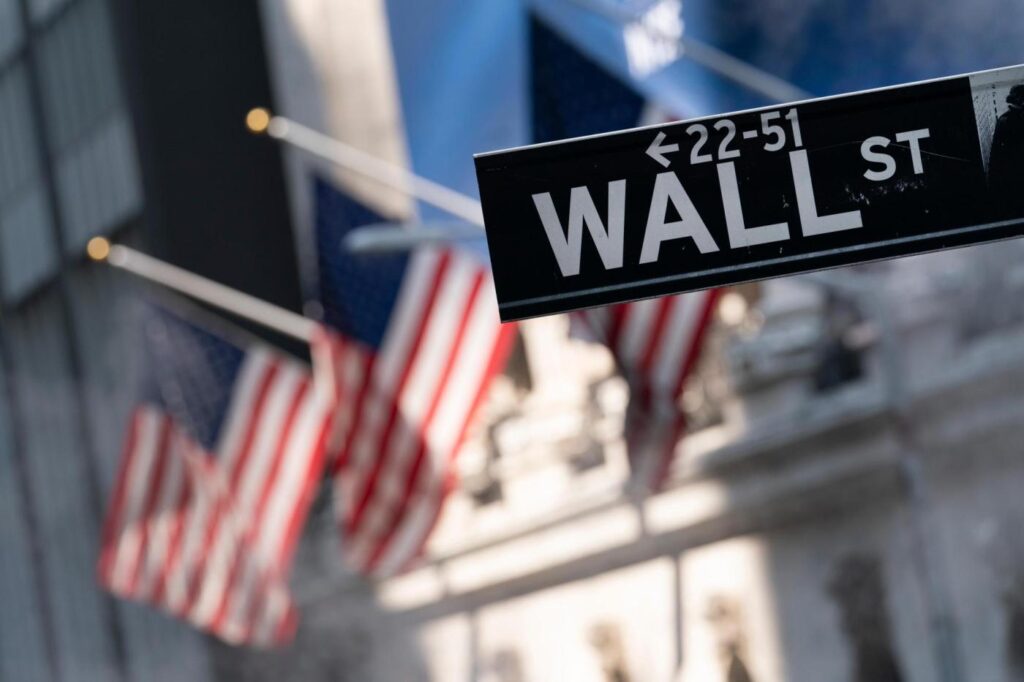
By DAMIAN J. TROISE
Stocks fell in afternoon trading on Wall Street Tuesday as traders took in the latest sign that inflation is still running high ahead of the Federal Reserve’s last meeting of the year.
The S&P 500 index fell 1.2% as of 1:32 p.m. Eastern. The Dow Jones Industrial Average fell 136 points, or 0.4%, to 35,513 and the Nasdaq fell 1.8%.
Technology stocks led the losses. Microsoft fell 4.1% and Adobe shed 8.5%.
A mix of retailers and several big communications companies also fell. Amazon fell 1.5% and Google parent Alphabet fell 2.3%.
Bond yields edged higher. The yield on the 10-year Treasury rose to 1.44% from 1.42%. That helped banks make gains, as they rely on higher yields to charge more lucrative interest on loans. JPMorgan Chase rose 1.3% and Bank of America rose 1.7%.
Energy stocks also managed to rise despite a 1.2% drop in U.S. crude oil prices.
Investors received another update on persistently rising inflation. The Labor Department reported that prices at the wholesale level surged by a record 9.6% in November from a year earlier. The department’s producer price index measures inflation before it reaches consumers.
Businesses have been dealing with supply chain problems and higher costs for months. It has been a key concern for investors as big companies pass those costs off to consumers, who have so far been absorbing higher prices on everything from groceries to clothing and other consumer products. On Friday, the Labor Department reported that consumer prices surged 6.8% for the 12 months ending in November, the biggest increase in 39 years.
The discouraging reports on inflation precede the last two-day meeting of the Federal Reserve this year, which starts Tuesday. The central bank is expected to speed up the withdrawal of economic stimulus measures in the face of rising inflation. Specifically, it plans to speed up the process for trimming bond purchases, which have helped keep interest rates low and support the stock market and broader economy.
Investors are also monitoring the central bank for any statements on how soon it might raise interest rates in 2022.
Rising inflation and the Fed’s plan to ease off its economic support are key reasons for much of the choppiness in the broader markets, said Jay Hatfield, CEO of Infrastructure Capital Advisors.
“The reality of less liquidity next year is sinking in and that’s causing massive selling in mostly overvalued momentum stocks,” he said.
Wall Street is also closely monitoring any news on the newest coronavirus variant that is spreading rapidly in Britain and some other regions. It appears to cause less severe disease than previous versions of the coronavirus, according to an analysis of data from South Africa. Pfizer’s vaccine seems to offer less defense against infection from it but still offers good protection from hospitalization.
